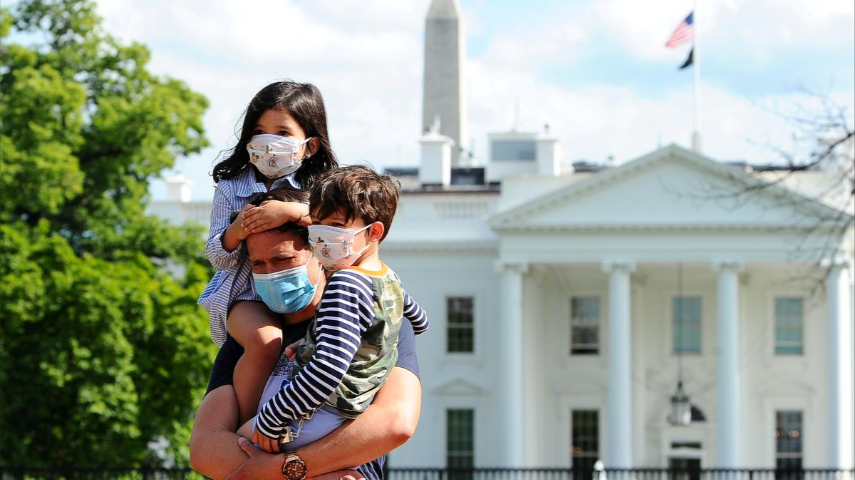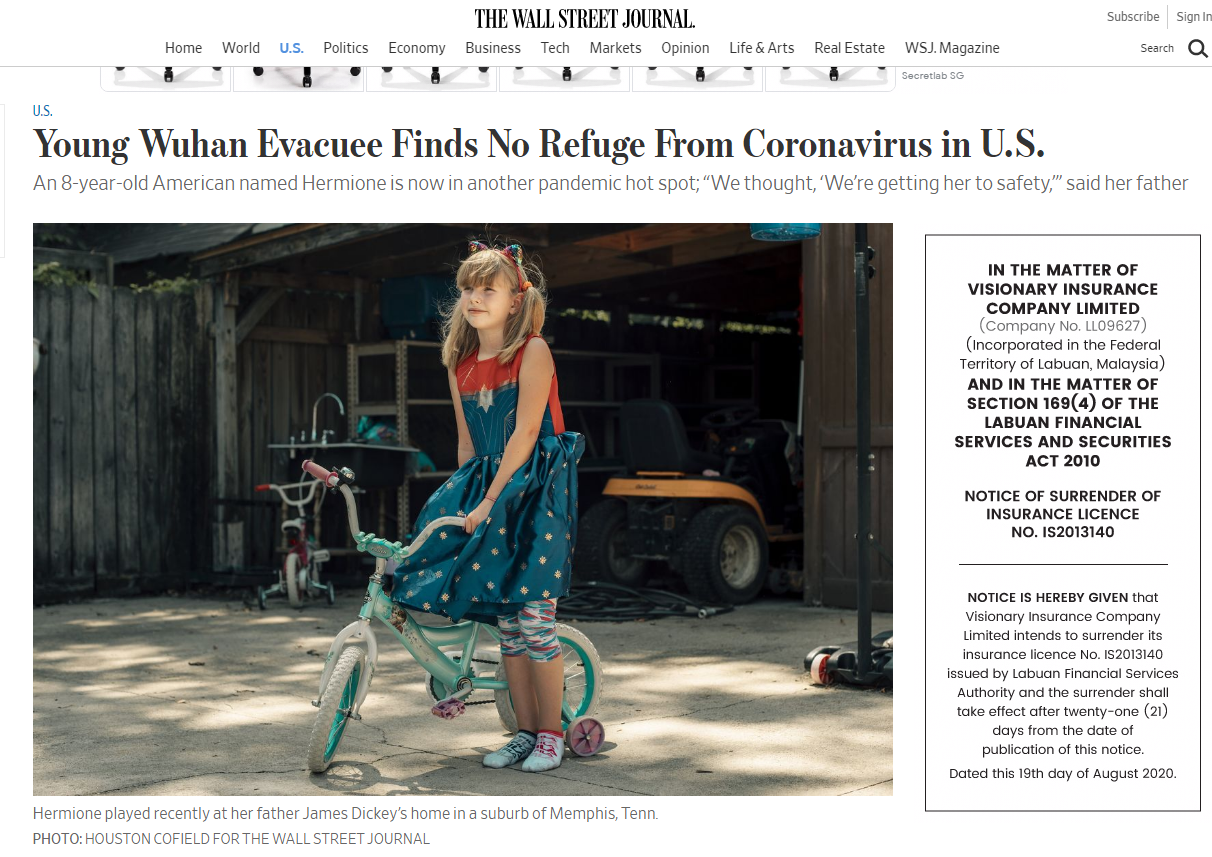
As U.S. schools reopen, concerns grow that kids spread coronavirus /Reuters
As U.S. schools reopen, concerns grow that kids spread coronavirus /Reuters
U.S. students are returning to school in person and online in the middle of a pandemic, and the stakes for educators and families are rising in the face of emerging research that shows children could be a risk for spreading the new coronavirus.
Several large studies have shown that the vast majority of children who contract COVID-19, the disease caused by the virus, have a milder illness than adults. Early reports did not find strong evidence of children as major contributors to the deadly virus that has killed more than 780,000 people globally.
Young Wuhan evacuee finds no refuge from coronavirus in the U.S.
Hermione's parents are among those who have taken comfort from scientific research which suggests children are at a lower risk of death, and taken their guard down against the the virus.
The eight-year-old girl contracted coronavirus in the U.S. six months after she flew from Wuhan, the original epicenter of COVID-19 in China earlier this year.
"When we evacuated, we thought, 'We're getting her to safety,'' James Dickey, Hermione's father told the Wall Street Journal. The 43-year-old father himself also tested positive for coronavirus just a couple days ago.
In the U.S., he said, the "inability to control the virus made it exponentially worse. I've just been watching with a jaw dropped."
Hermione spent her summer swinging and trampolining with her cousins, whose mother also recently tested positive, according to her father.
He recalled that tough measures enforced in China including strict home confinement made him realize that the seriousness of the health emergency. On the contrary, he was shocked by the lax public response in the U.S.
James has seen the infected number in his city going from 20 to more than 23,600 cases – more than twice as many as Wuhan, a city of 11 million people. "We should just shut it down," he told the Journal.

Screenshot from the Wall Street Journal
Screenshot from the Wall Street Journal
Kids do spread virus, even without showing symptoms
More recent studies are starting to show how contagious infected children, even those with no symptoms, might be.
"Contrary to what we believed, based on the epidemiological data, kids are not spared from this pandemic," said Dr. Alessio Fasano, director of the Mucosal Immunology and Biology Research Center at Massachusetts General Hospital and author of a new study.
Schools across the United States and elsewhere are trying out a wide range of strategies to reopen, from all online classes to all in-person. They are asking whether reopening schools with stringent mitigation measures is worth the risk to students, families and educators, given that keeping schools closed will likely harm academic progress, social and emotional development, mental health and food security.
"We can't just sit back and assume that there'll be no problems with schools… I think we have to reopen schools, but we have to reopen them cautiously," said Dr. Matthew Snape, associate professor in General Paediatrics and Vaccinology at the University of Oxford.
Dr. Fasano and colleagues at Boston's Massachusetts General and MassGeneral Hospital for Children found that infected children have a significantly higher level of virus in their airways than adults hospitalized in intensive care units for COVID-19 treatment. The high viral levels were found in infants through young adults.
The study, published on Thursday in the Journal of Pediatrics, involved 192 participants ages 0-22 who were seen at urgent care clinics for suspected COVID-19. Forty-nine of them – a quarter of the total – tested positive for the virus. Another 18 were included after being diagnosed with multisystem inflammatory syndrome, a serious COVID-related illness than can develop several weeks after an infection.
The research suggests that children can carry a high viral load, meaning they can be very contagious, regardless of their susceptibility to developing a COVID-19 illness.
"There has been some conflicting data out there about the degree to which children can be contagious," said Dr. Marybeth Sexton, assistant professor of infectious diseases at Emory University School of Medicine in Atlanta, who was not involved in the study. "This is further evidence that we may see children as sources of infection."
(With input from Reuters)